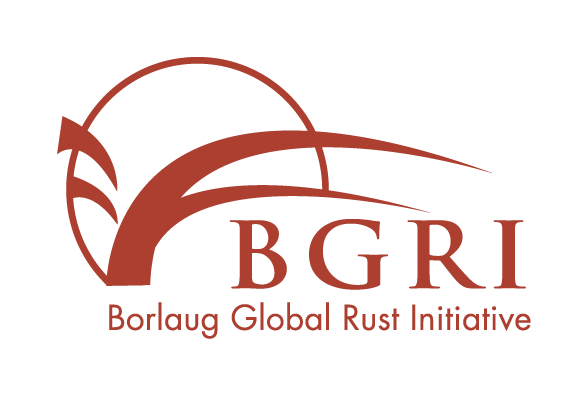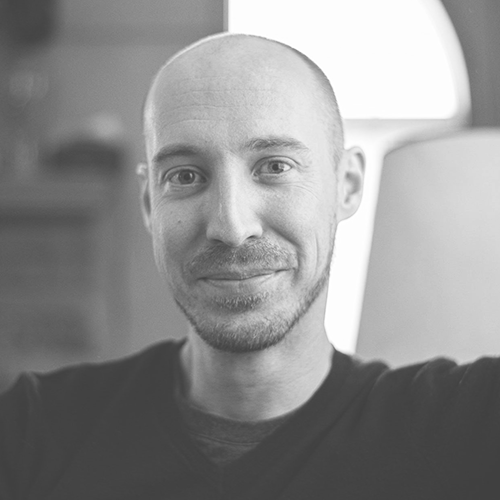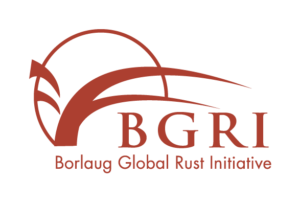Wheat is grown and consumed all over the globe and is perhaps humanity’s most essential food crop.
Safeguarding wheat from existing and emerging risks takes dedicated and creative teams of scientists collaborating together. But that work is stifled if it doesn’t provide opportunities for all genders to contribute and lead.
On May 21, Hale Ann Tufan, co-director of GREAT and a 2010 Women in Triticum early-career winner, moderated a panel on the “Changing Face of Leadership and Research in Wheat,” in the first in a series of virtual workshops hosted by the Borlaug Global Rust Initiative (BGRI).
Tufan said research has shown that diverse teams work better together. “Only by removing barriers for women, by mentoring, supporting and celebrating their contributions can we be more effective on our work,” she said.
Four former WIT winners took part in the “The Future of Wheat Research: Aspirations and Visions” panel. Panelists included: Sandra Dunckel (2013), from KWS in the UK; Sarah (Battenfield) McNeil (2014), from Syngenta in the U.S.; Mercy Wamalwa (2016), from Egerton University in Kenya; and Sarrah Ben M’Barek-Ben Romdhane (2017) from the Regional Field Crops Research Center of Béja in Tunisia.
Growing up in Kenya, Wamalwa and her family ate a bread made from wheat on special occasions. She said that wheat farmers face increasing challenges from pests and disease and a rapidly changing climate that is disrupting precipitation patterns. “Global solutions are needed for wheat production,” she said.
Scientists can help solve those challenges by ensuring farmers can access improved varieties that contribute most to food security, she said. But just as importantly, there is a need to mentor young researchers to provide the tools and knowledge to bring those scientific advances to bear, according to Wamalwa.
Ben M’Barek-Ben Romdhane said that to improve the research needed to tackle problems of food security, you need to improve education available to budding scientists. Fostering connections and larger networks also provide systems to make big changes, she said.
McNeil, a breeder with Syngenta, is working on advance hybrid wheat lines that she said can enhance stability and tolerance. But, she said, “it’s not a quick change. It takes time and years.”
She added: “People who are passionate to find a solution, will.”
Dunkel said that in her career she has been fortunate to work in international settings with multicultural environments. Those settings help spur creativity, innovation and efficiency, she said, all essential elements to understanding and solving any problem.
“Diversity is a synonym of flexibility, of open-mindedness and respect,” Dunkel said. “And it certainly leads to better outcomes.”
While the impacts are felt in research labs and fields, they are also part of the everyday life of farmers, Tufan said.
Gender, age, ethnicity and race can all determine what a farmer can access, she said: “Poor women in particular face systematic barriers to owning and managing farms.”
Despite the challenges, Tufan said she is inspired by the 2020 class of WIT awardees: “Hailing from vastly different places, backgrounds and lived experiences, each of them brings a unique perspective, and with it a potentially unique solution to challenges in wheat research.
“WIT awardees are the future of wheat research,” she said.
The BGRI is the secretariat for DGGW, an international initiative to improve wheat. DGGW is funded by the Bill & Melinda Gates Foundation and UK aid from the UK government.
Written by:
Matt Hayes
Associate Director for Communications
Matt Hayes is a strategic communications expert and content strategist with experience in international agriculture, food security, global development and higher education. He manages all communications and marketing efforts for the Department of Global Development and a portfolio of more than two dozen programs and projects totaling $185+ million in funding.






